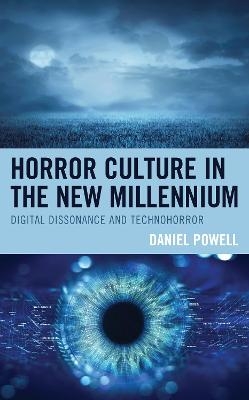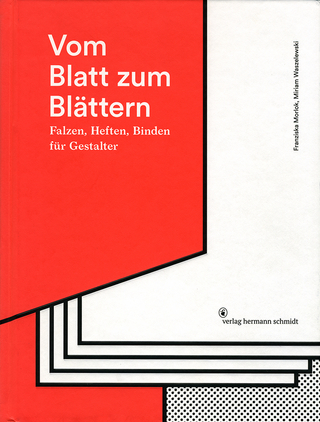
Horror Culture in the New Millennium
Digital Dissonance and Technohorror
Seiten
2018
Lexington Books (Verlag)
978-1-4985-8744-0 (ISBN)
Lexington Books (Verlag)
978-1-4985-8744-0 (ISBN)
Horror Culture in the New Millienium surveys horror culture in the first two decades of the new millennium through a series of critical essays on the changing character of dark storytelling. It is a journey both into the complexity of the evolution of communication and the stories we tell about what it means to be human.
Horror Culture in the New Millennium: Digital Dissonance and Technohorror explores the myriad ways in which technology is altering the human experience as articulated in horrific storytelling. The text surveys a variety of emerging trends and story forms in the field, through both a series of critical essays and personal interviews with scholars, editors, authors, and artists now creating and refining horror stories in the new millennium.
The project posits a rationale for the presence of technohorror as a defining concern in contemporary horror literature, marking a departure from the monstrous and spectral traditions of the twentieth century in its depictions of frightful narratives marked by the qualities of plausibility, mundanity, and surprise as we tell stories about what it means to be human.
As our culture explores the dichotomies of the born/made, natural/artificial, and human/computer—all while subsumed within a paradigm shift predicated on the transition from the traditions of print to emerging digital communications practices—these changes form the basis for horrific speculations in our texts and technologies.
Ultimately, Digital Dissonance: Horror Culture in the New Millennium explores that paradoxical human attraction for peering into the darkness as translated through our lived experiences in an era of rapidly evolving technologies.
Horror Culture in the New Millennium: Digital Dissonance and Technohorror explores the myriad ways in which technology is altering the human experience as articulated in horrific storytelling. The text surveys a variety of emerging trends and story forms in the field, through both a series of critical essays and personal interviews with scholars, editors, authors, and artists now creating and refining horror stories in the new millennium.
The project posits a rationale for the presence of technohorror as a defining concern in contemporary horror literature, marking a departure from the monstrous and spectral traditions of the twentieth century in its depictions of frightful narratives marked by the qualities of plausibility, mundanity, and surprise as we tell stories about what it means to be human.
As our culture explores the dichotomies of the born/made, natural/artificial, and human/computer—all while subsumed within a paradigm shift predicated on the transition from the traditions of print to emerging digital communications practices—these changes form the basis for horrific speculations in our texts and technologies.
Ultimately, Digital Dissonance: Horror Culture in the New Millennium explores that paradoxical human attraction for peering into the darkness as translated through our lived experiences in an era of rapidly evolving technologies.
Daniel Powell is professor of writing at Florida State College at Jacksonville.
Chapter 1: The Nature of Technohorror
Chapter 2: Pioneering Platforms: Imagination, Invention, and Innovation in Horror Cultures
Chapter 3: From Folklore to Netlore: Esoteric Digital Cultures and Remediation of Horrific Folk Narratives
Chapter 4: Transcendence in Technohorror: Digital Dissonance and the Denatured Human
Chapter 5: Technohorror and the Human Condition: Searching for Meaning in a Rapidly Changing Culture
Chapter 6: Programming Nightmares: Technohorror and Life in the Twenty-First Century
| Erscheinungsdatum | 10.05.2021 |
|---|---|
| Verlagsort | Lanham, MD |
| Sprache | englisch |
| Maße | 159 x 230 mm |
| Gewicht | 481 g |
| Themenwelt | Sozialwissenschaften ► Kommunikation / Medien ► Allgemeines / Lexika |
| Sozialwissenschaften ► Kommunikation / Medien ► Kommunikationswissenschaft | |
| ISBN-10 | 1-4985-8744-5 / 1498587445 |
| ISBN-13 | 978-1-4985-8744-0 / 9781498587440 |
| Zustand | Neuware |
| Haben Sie eine Frage zum Produkt? |
Mehr entdecken
aus dem Bereich
aus dem Bereich
Falzen, Heften, Binden für Gestalter
Buch | Hardcover (2023)
Verlag Hermann Schmidt
55,00 €
Das offizielle Adressbuch der Stadt Tübingen
Buch (2023)
Ungeheuer + Ulmer (Verlag)
28,90 €
Das offizielle Adressbuch der Stadt Freiberg
Buch (2023)
Ungeheuer + Ulmer (Verlag)
14,90 €


